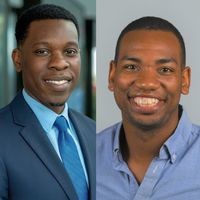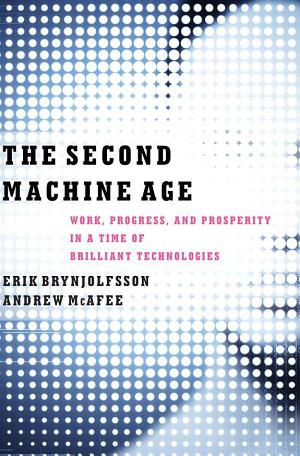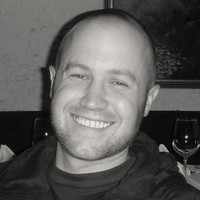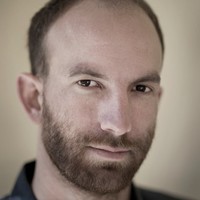Wendy MacNaughton is a graphic journalist and the co-author of Pen & Ink: Tattoos and the Stories Behind Them.
"We mostly hear stories from big personalities who already have a spotlight on them. I think that everybody carries stories that are just as profound as the ones we hear from celebrities or whoever. I’m interested in the stories of people who don’t usually get to tell them. I think those are sometimes the most interesting."
Thanks to TinyLetter for sponsoring this week's episode.















